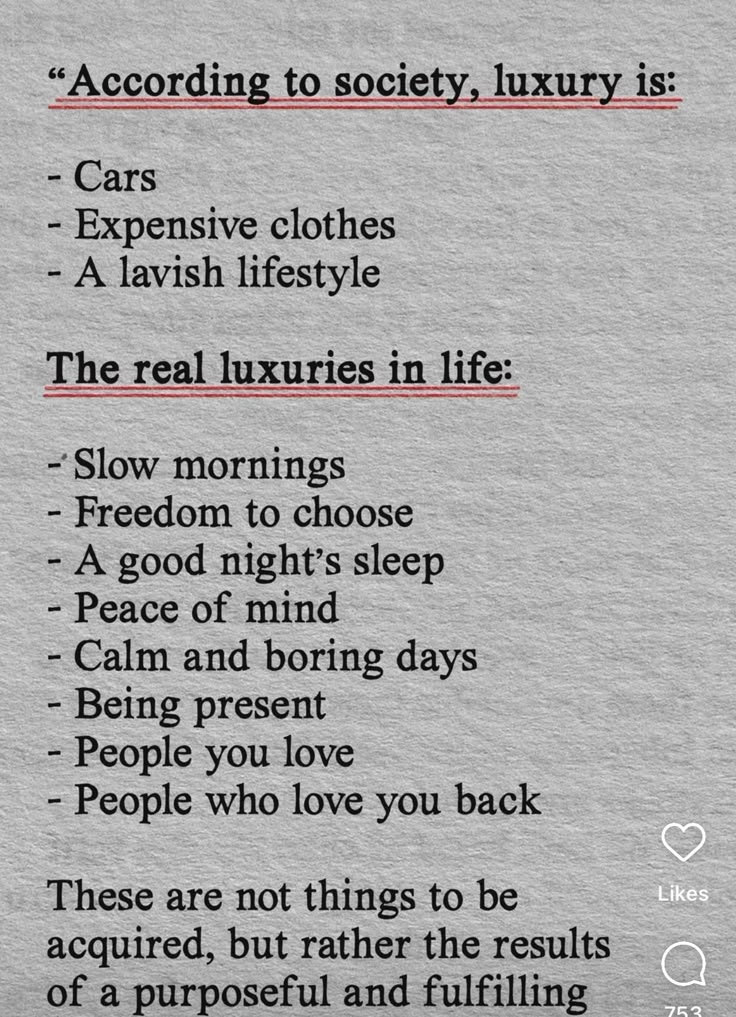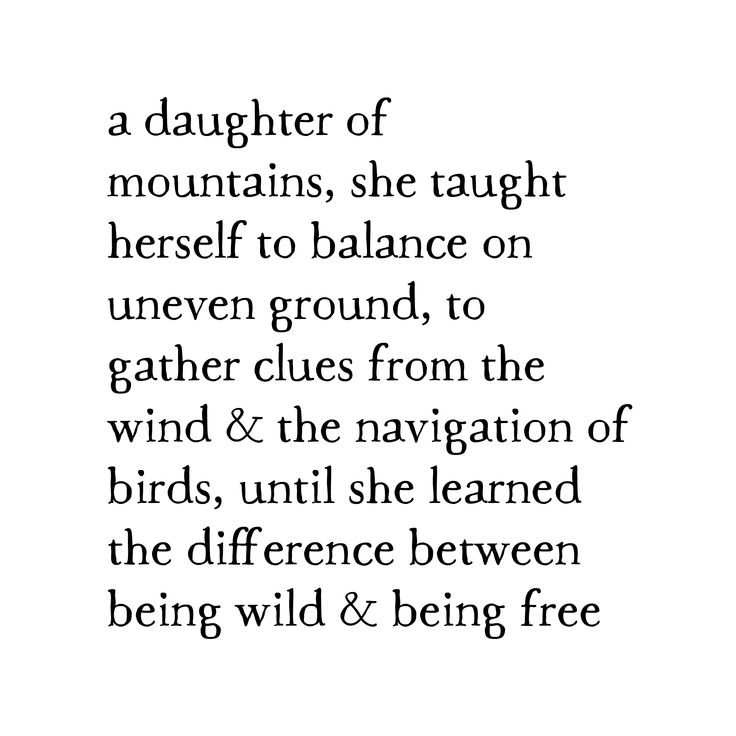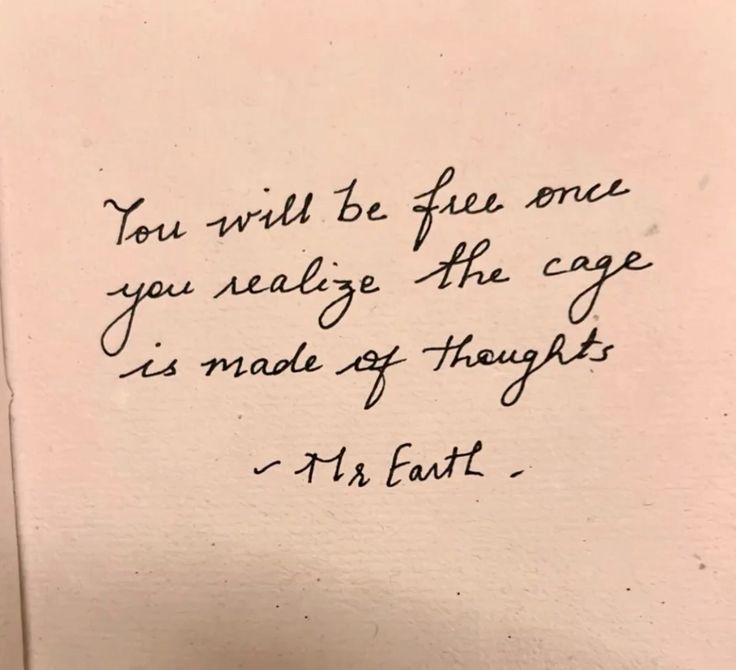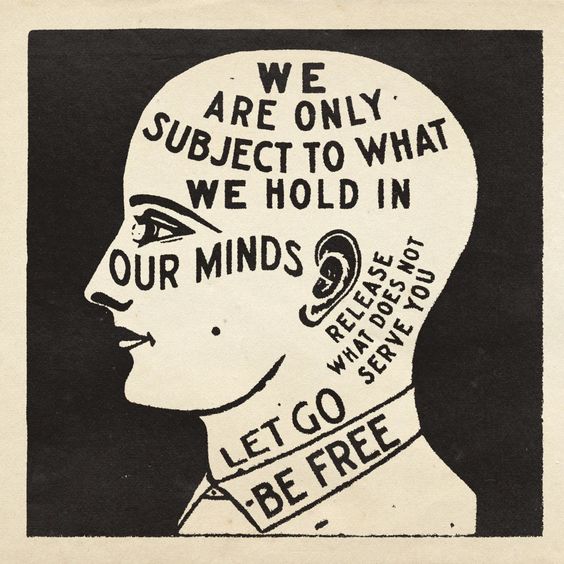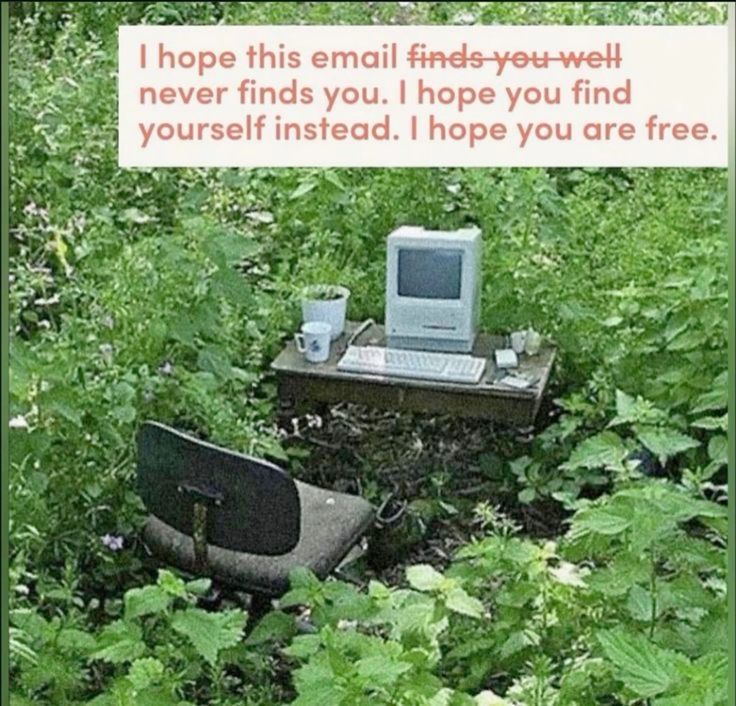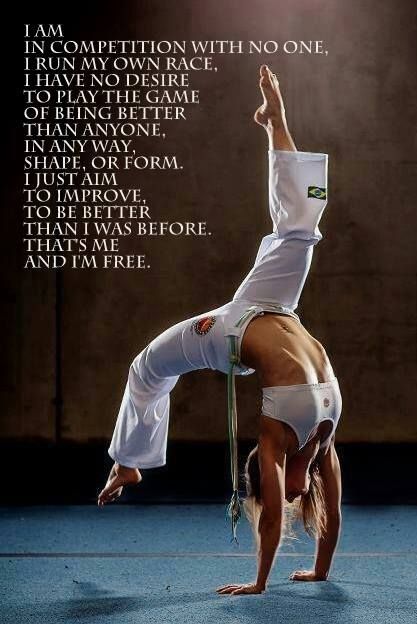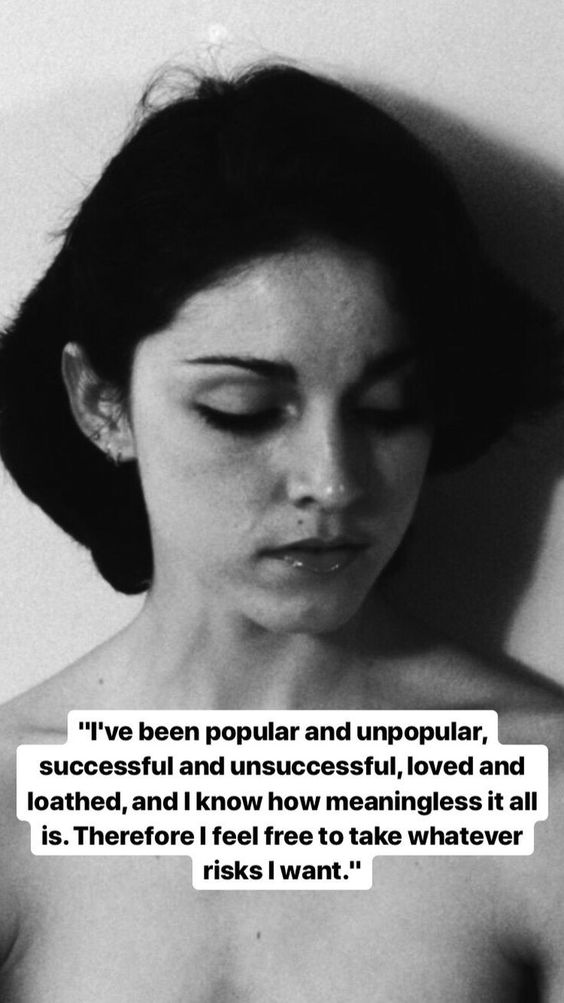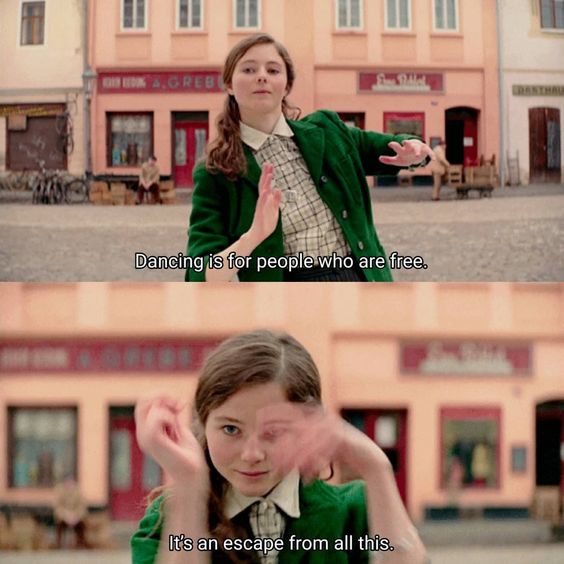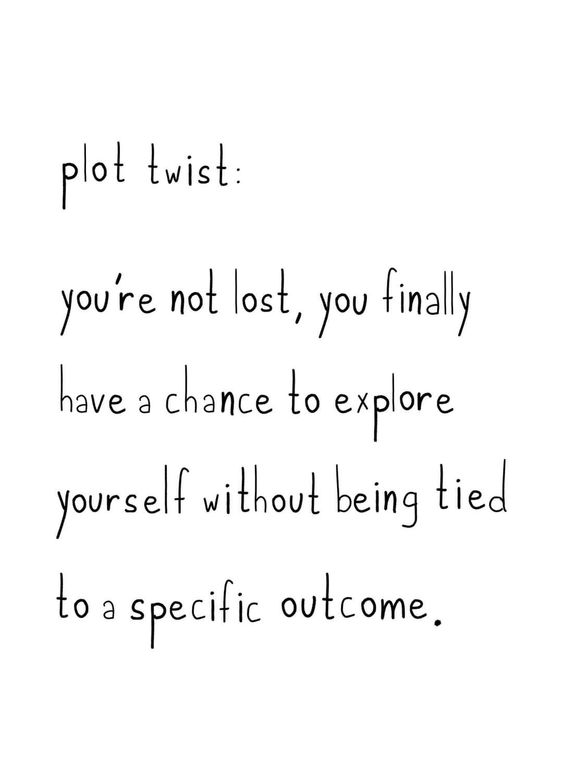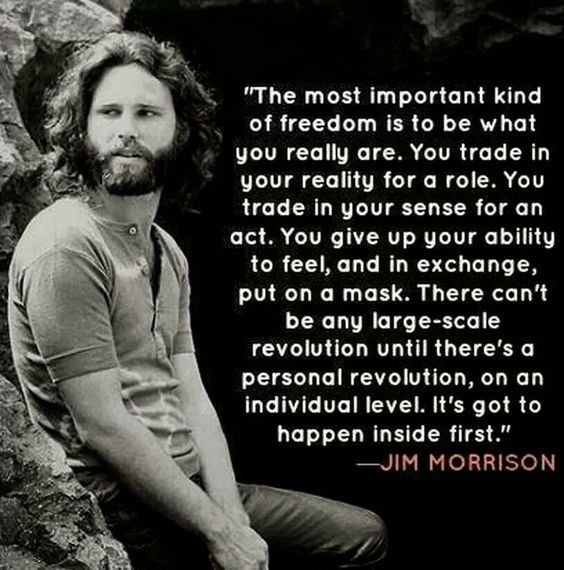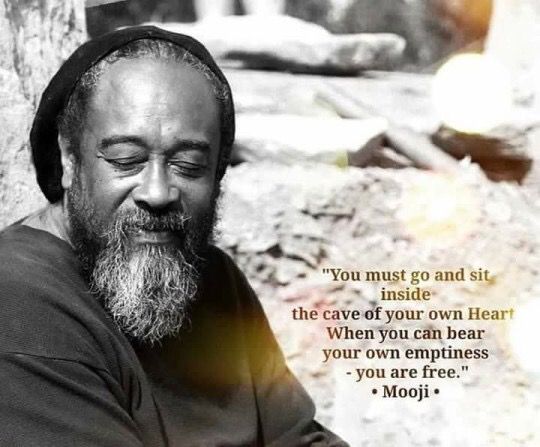“The greatest enemy of love is attachment. Why? Because it tries to disguise itself as love. There is a similarity between closeness and clinging that easily confuses the mind. A well- fed connection between two people can create a nurturing feeling of closeness while a fear of loss or craving to control creates the type of clinging that tries to grasp another person with tension. Closeness can foster a relationship, while clinging can stifle a relationship and drain it of love. Attachment is at the root of behaviors that lead to relationships breaking. Love is meant to be grounded in freedom. Attachment is an opposing force to freedom; it tries to keep things the same, while freedom understands that change is ultimately good.”
Yung Pueblo
“No one who is a slave to their urges or to sloth, no one without strength or a good schedule, can create a great life. Certainly they will be too consumed with themselves to be of much good for anyone else. Those who tell themselves they are free to do anything will, inevitably, be chained to something.”
Ryan Holiday, Discipline Is Destiny (Page 92)
“You will have to take 100 percent responsibility. And whenever you accept 100 percent responsibility, you become free, and then there is no bondage in this world. In fact, anger is a kind of bondage. I cannot be angry, because I am not in bondage. I have not been angry with anybody for years, because I don’t make anybody else responsible. I am free, so why should I be angry? If I want to be sad, it is my freedom. If I want to be happy, it is my freedom. Freedom cannot be afraid, freedom cannot be angry. Once you know that you are your world, you have penetrated into a different kind of understanding. Then nothing else matters—all else is games and excuses.”
Osho, Everyday Osho (Page 318)
“We are made alone. That aloneness is our freedom. And it is not against love. In fact, only a person who is alone and knows how to be alone will be able to love. This is the paradox of love: That only the person who is alone can love, and only the person who loves becomes alone. They come together. So if you are not capable of being alone, you will not be capable of being in love either. Then all your so-called love will be just an escape from yourself. It will not be real love, it will not be real relating. Who will relate with whom? You have not even related with yourself; how can you relate with the other? You are not there—who is going to relate with others? So a false kind of love exists in the world: You are trying to escape from yourself, the other is trying to escape from herself or himself, and you are both seeking shelter in each other. It is a mutual deception.”
Osho, Everyday Osho (Page 312)
“Life can only be lived dangerously—there is no other way to live it. It is only through danger that life attains maturity, growth. One needs to be an adventurer, always ready to risk the known for the unknown. That’s what being a seeker is all about. But once one has tasted the joys of freedom and fearlessness, one never repents because then one knows what it means to live at the optimum. Then one knows what it means to burn your life’s torch from both ends together. And even a single moment of that intensity is more gratifying than a whole eternity of mediocre living.”
Osho, Everyday Osho (Page 310)
“There can be no liberation when our most intimate relationships are built on—and really inflected by—deception, abuse, misdirection, antiblackness, patriarchy, and bald-faced lies.”
Kiese Laymon, Heavy (Page 239)
“Work is good, but it should not become an addiction. Many people have turned their work into a drug so that they can forget themselves in it—just like a drunkard forgetting himself in alcohol. One should be as capable of nondoing as of doing—then one is free. One should be capable of sitting, not doing anything, as perfectly and beautifully and blissfully as when one is working hard and doing many things; then one is flexible.
Osho, Everyday Osho (Page 235)
“You shall be free indeed when your days are not without a care nor your nights without a want and a grief,
Kahlil Gibran, The Prophet (Page 43)
But rather when these things girdle your life and yet you rise above them naked and unbound.”
“She imagined, now, what it would be like to accept herself completely. Every mistake she had ever made. Every mark on her body. Every dream she hadn’t reached or pain she had felt. Every lust or longing she had suppressed. She imagined accepting it all. The way she accepted nature. The way she accepted a glacier or a puffin or the breach of a whale. She imagined seeing herself as just another brilliant freak of nature. Just another sentient animal, trying their best. And in doing so, she imagined what it was like to free.”
Matt Haig, The Midnight Library (Page 143)
